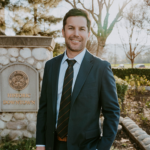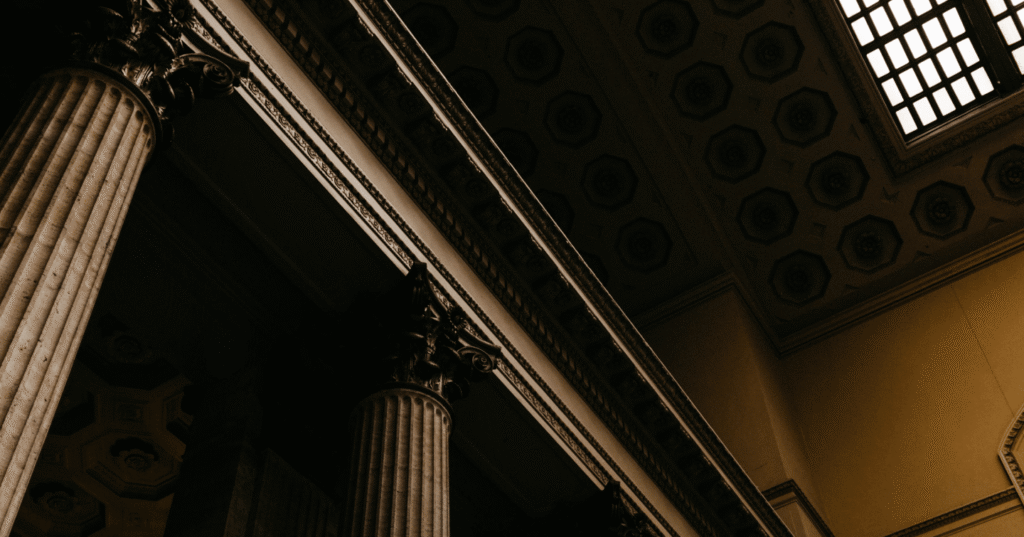Innocent people do get convicted. Take it from me. I know someone personally who was incarcerated for 13 years for something he did not do. And his innocence is not just my opinion. The victims in the case say so, as well as numerous others who would be happy to testify if given the chance. But why wouldn’t California courts be the forum for his exoneration? As it turns out, one problem stems from the fact that a person is not usually entitled to a free habeas lawyer. And if the convicted person has no money (which is usually the case if they were incarcerated and have a felony conviction), they are left to face this on their own. If they wait too long, they get procedurally defaulted and can’t get the claims heard in federal court. That’s just one of the land mines awaiting an innocent convicted person.
It seems like many successes in freeing the innocent happen outside of the courts. Lawyers get the case, find out there’s DNA that proves exoneration, get it tested, and then meet with the local prosecutor. That District Attorney can then consent to a habeas petition in accordance with statutory provisions. But what about cases in which there is no DNA? What about where there was a total lack of any forensic evidence of the crime due to bad police work? What happens then? Not justice, usually.
Then there are the cases in which the prosecutor convicted someone at trial with a whole bunch of “maybe” theories as to how the supposed crime was carried out, concocted some farfetched motive out of nowhere and ran with it. The two-prosecutor team and umpteen witnesses then railroad the defendant who hired a lawyer using their life savings, which turns out to be on the cheap. The lawyer phones it in, makes a colorable showing (i.e., pretends they know what they’re doing), and the client gets life in prison.
Maybe one reason these cases are so hard to get overturned is that judges and justices might not be as familiar with what it actually takes (to even have a chance) to defend someone accused of a crime. What the attorney should have investigated, what they should have presented, or the questions they should have but failed to ask… these might be unknown to those on the bench who were previously career prosecutors. In my opinion, it takes an experienced criminal defense trial attorney to see what should have been done just to meet the bare minimum of effective representation (effective being the operative word). So why do California courts seem to not care? Take one of my habeas cases, for example. I have two experienced experts who are 100 percent convinced my client is innocent. Their declarations make a clear showing of how the crime occurred and that it was not my client who did it. Indeed, another explanation is posited by the experts and it’s compelling, but still the state courts denied her petitions. It seems that the onslaught of faulty, flawed, and foundationless testimony presented by the prosecution carried the day. And the petitioner’s trial attorney failed to object to or challenge it. So onto Federal Court.
In order to get into Federal Court, the petitioner must have exhausted all state remedies. This means that the petitioner had to present all her claims of federal constitutional violations (the only claims that will hold up in federal court) to the highest court of the state, here – the California Supreme Court.
Then, the petitioner must file the federal habeas petition (and all the other necessary pleadings and documents) within one year of finality in the state courts. The innocent petitioner is unable to present an actual innocence claim on the merits in federal court. The reason is because of Title 28 U.S.C. §2254’s requirements – we have a few choices but actual innocence is not one of them. We need to show that the state’s denials of her claims were contrary to clearly established federal precedent or the application of that precedent was unreasonable. In other words, her federal constitutional rights as stated by the United States Supreme Court were violated, and the state court did nothing about it. She can still argue actual innocence to show the violations did not constitute harmless error (the second hurdle in any attempt to overturn a conviction).
In my client’s case, the main claims are ineffective assistance of counsel. Under the Sixth Amendment, a defendant in a criminal case is entitled to effective assistance of counsel. In Strickland v. Washington (1984) 466 U.S. 668, the United States Supreme Court held that ineffective assistance of counsel occurs when the attorney’s performance falls below an objective standard of reasonableness. My client’s trial attorney’s performance fell well below what is reasonably expected of a criminal defense attorney. That ineffectiveness requires reversal because had these errors and omissions not occurred, a different outcome was reasonably probable (because there were viable defenses and she was innocent!). Id.
If you are charged with a crime, be careful who you hire. Make sure you research the attorney and talk to other lawyers as well. Find out how many trials they have done, and what kind. Find out if they have a plan to challenge the state’s evidence. And if along the way, your gut tells you something is not right, get another lawyer before it’s too late. Not all lawyers are created equal. I cannot tell you how many calls and emails I have gotten from people who had trial lawyers who just did the bare minimum – no investigation, no pre-trial motions, no preparation, and seemed to just not care. Sometimes those clients are innocent, and the battle to right the wrong is long and often disappointing. Even though a client can file a petition for writ of certiorari in the United States Supreme Court, the Court hears only 1% (if that) of what’s filed every year. That is a longshot. The Court really only take cases that impact the entire country, for good reason. It’s rare. So the United States District Court seems to often be the final battle for freedom (at least in the courts) for an innocent client.




